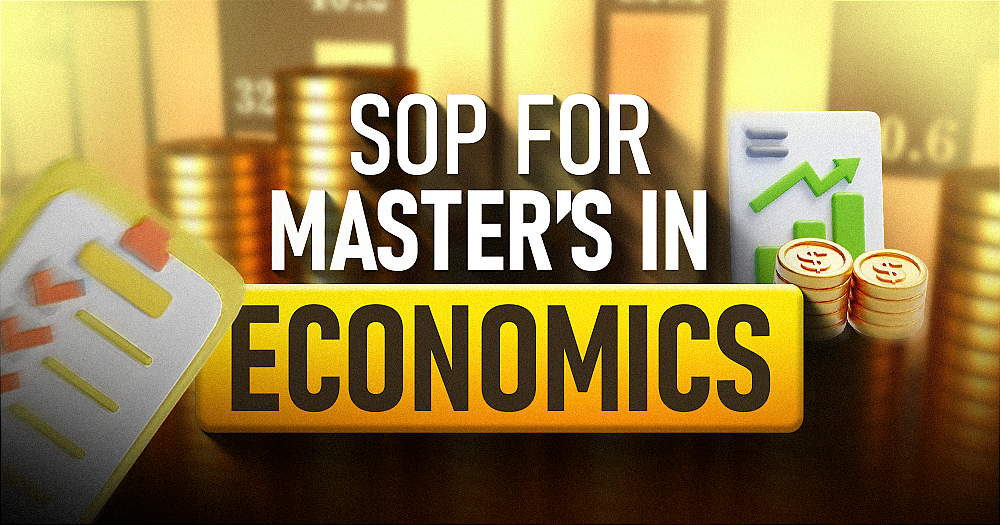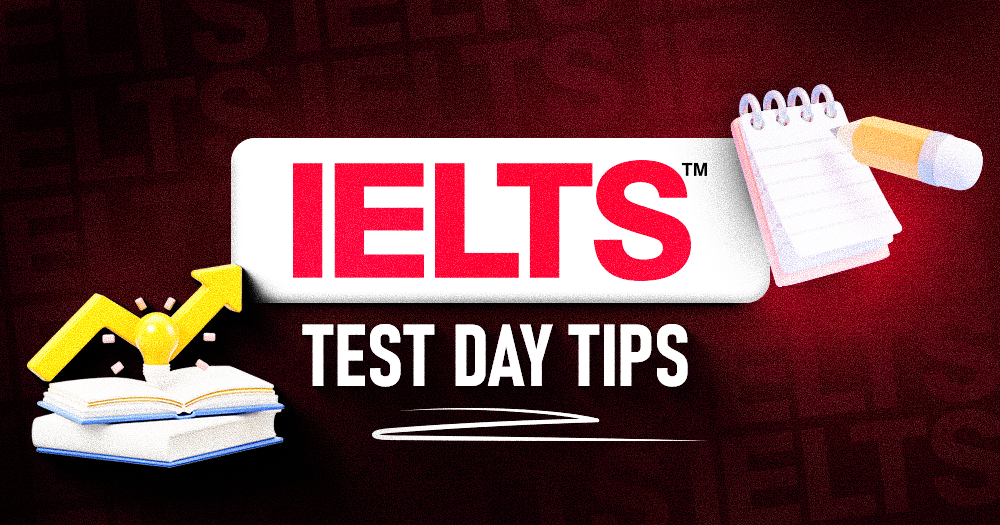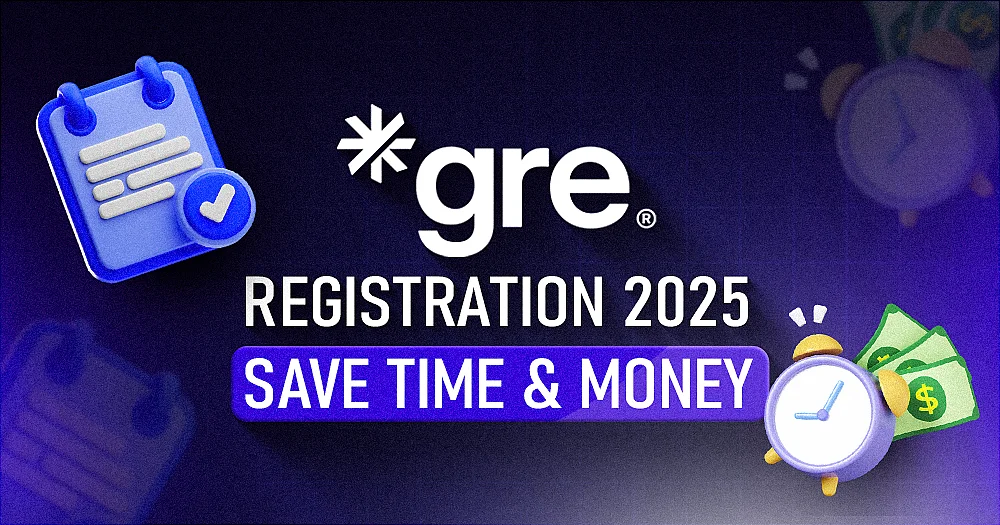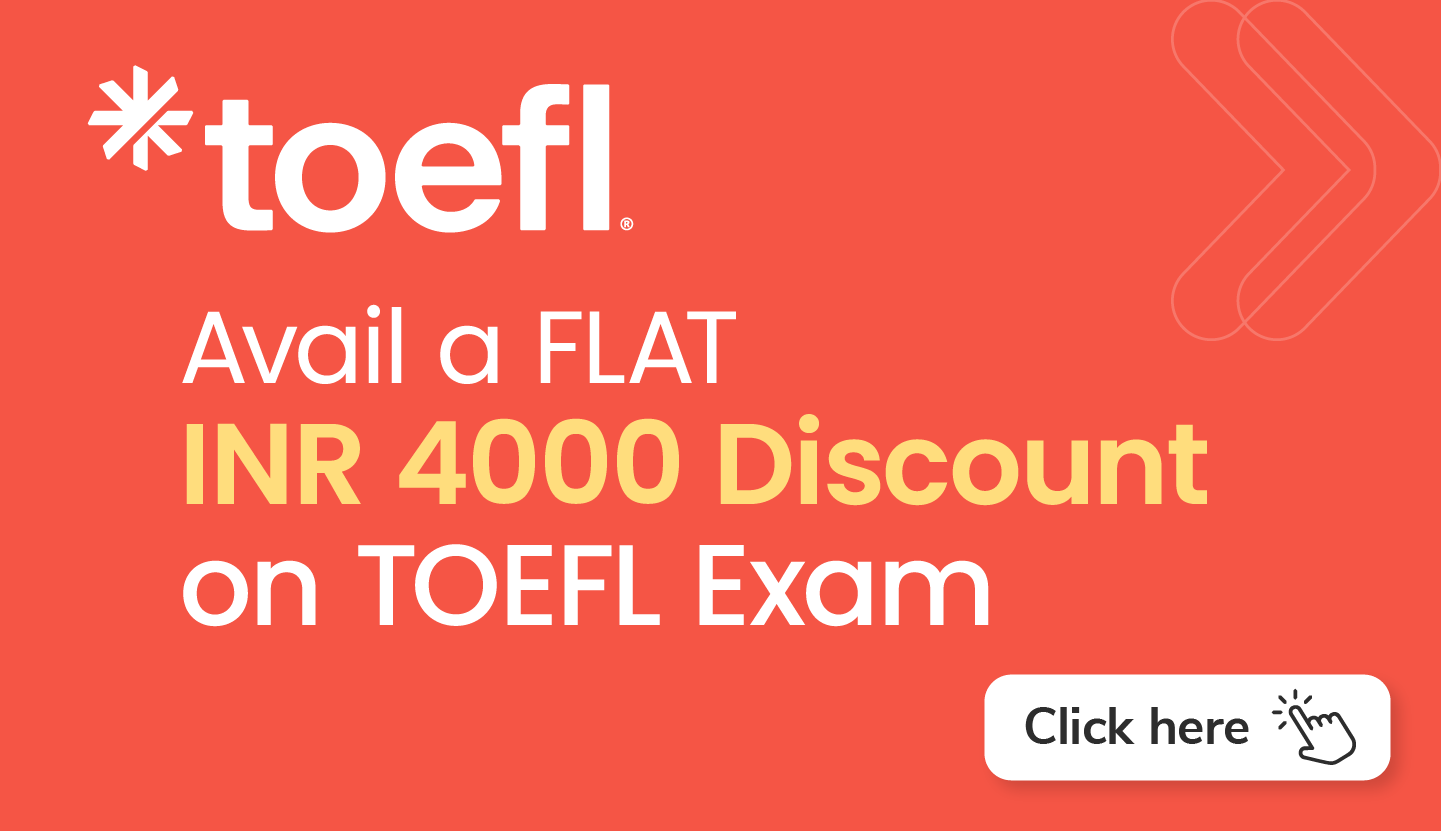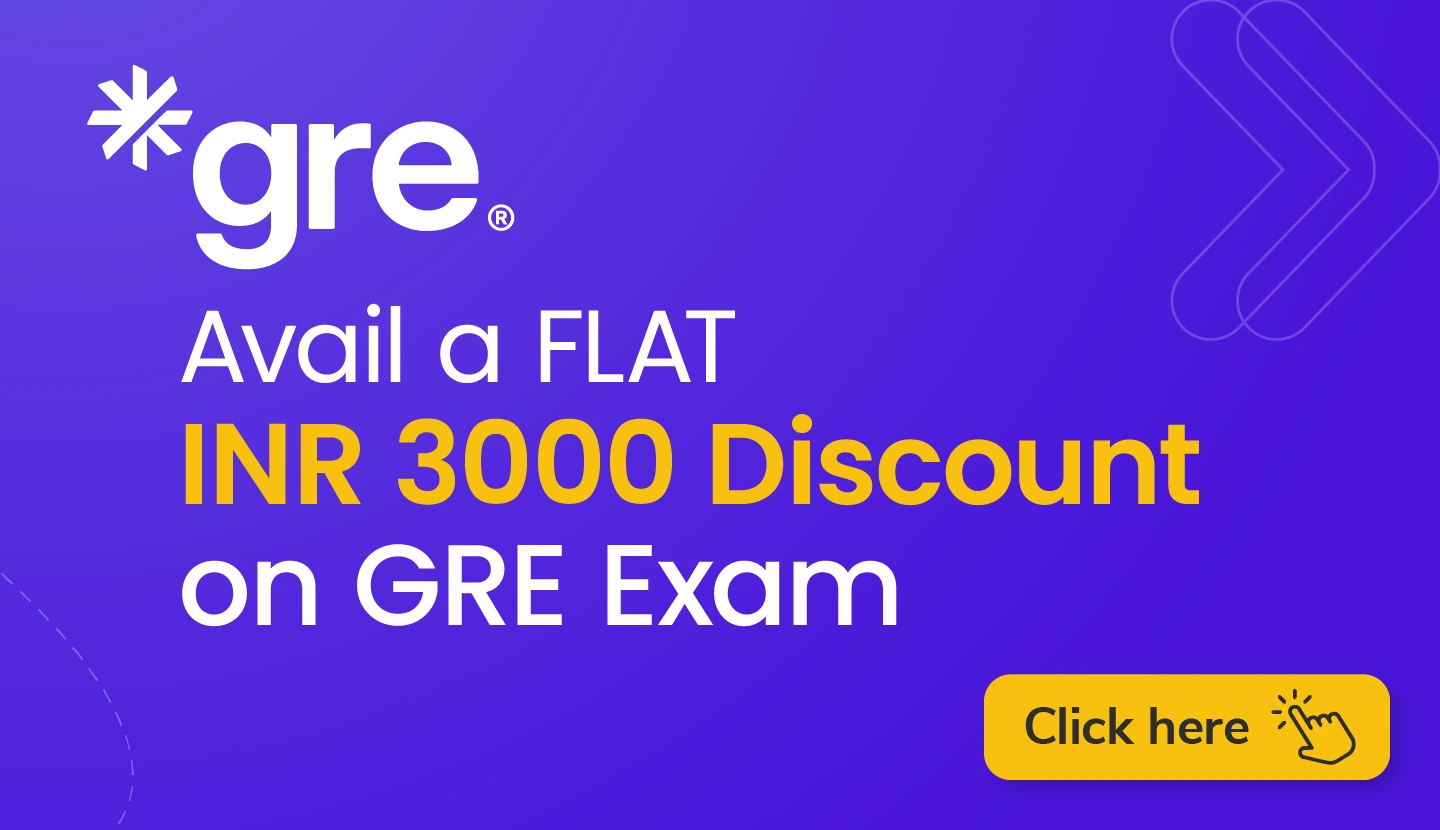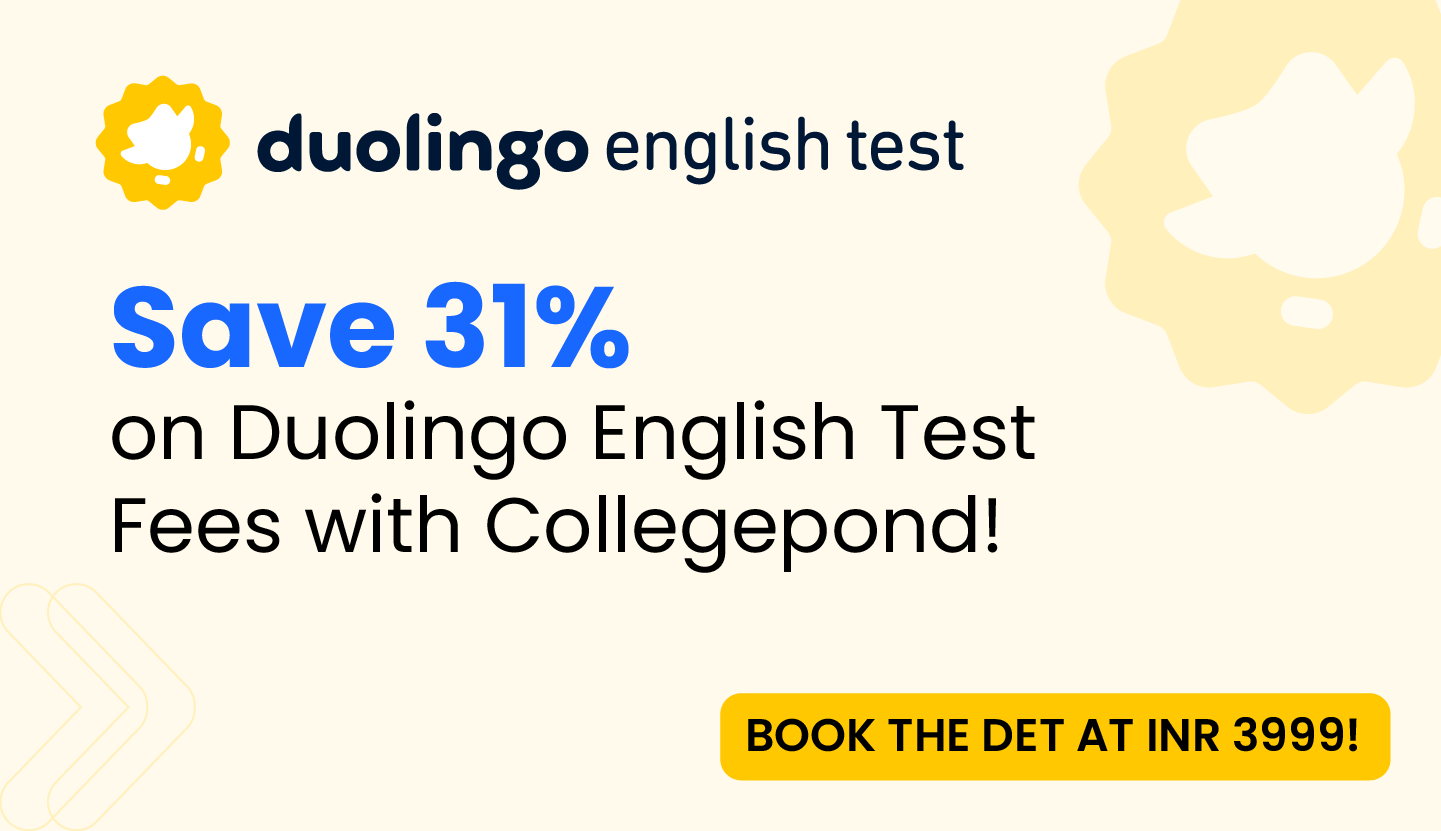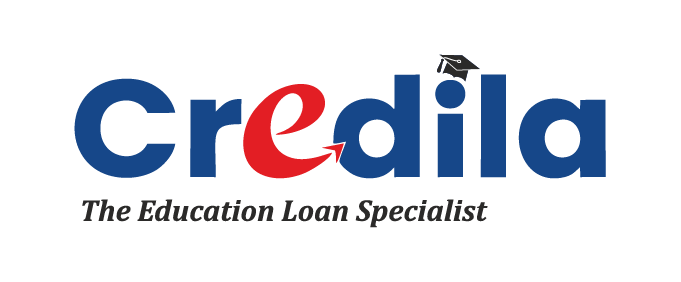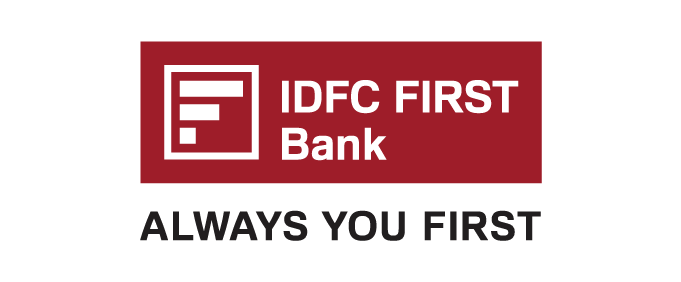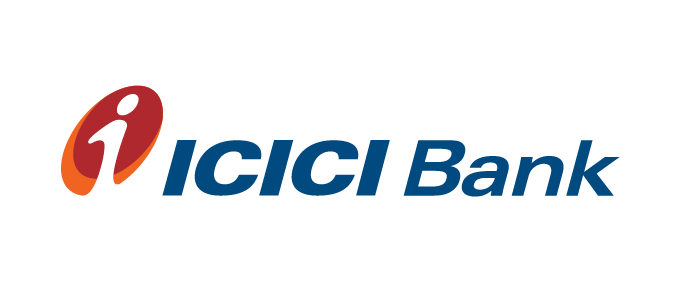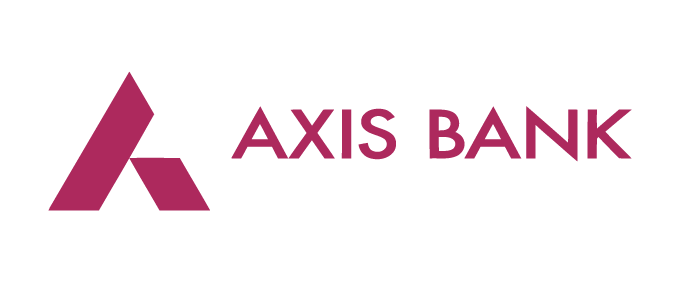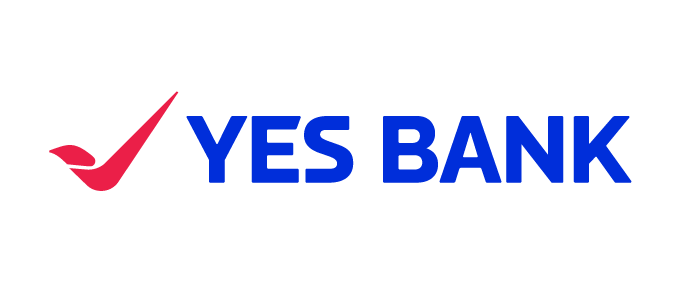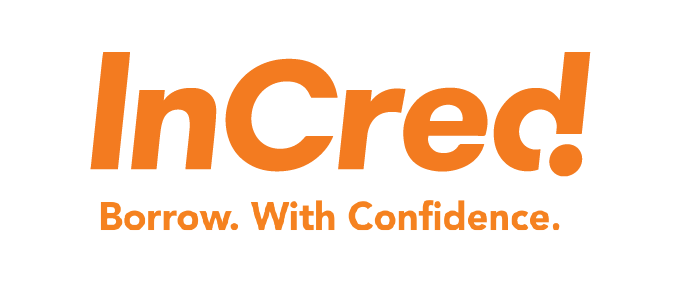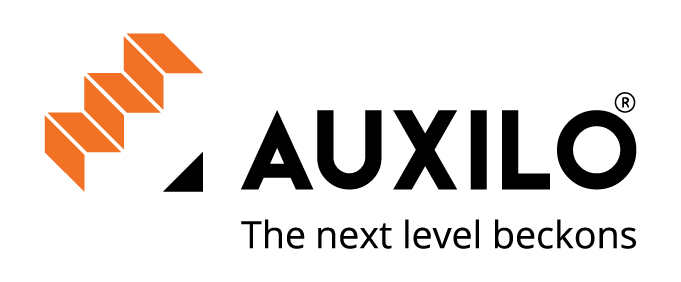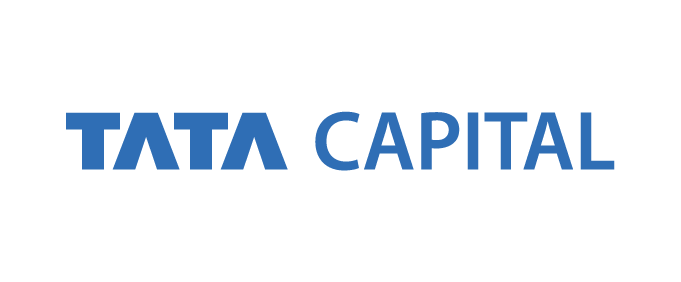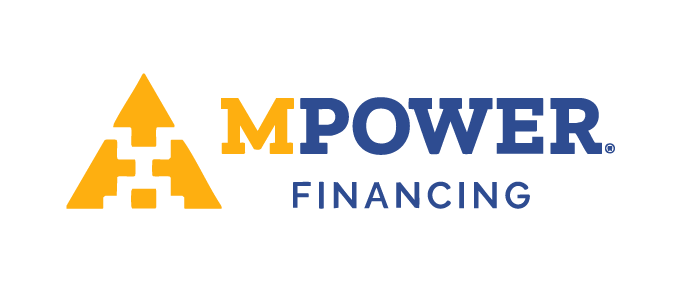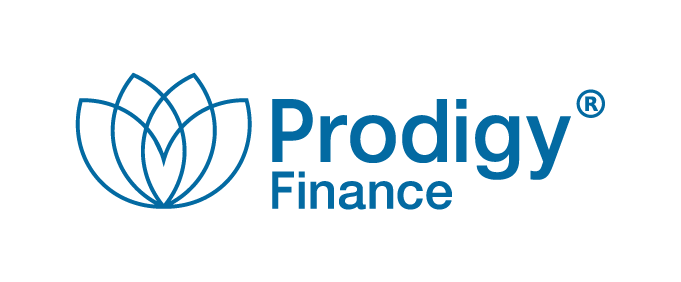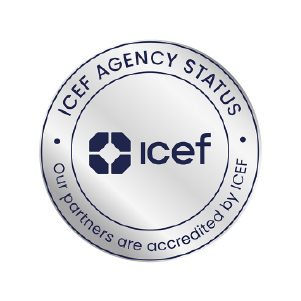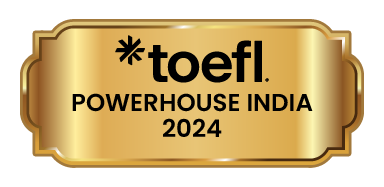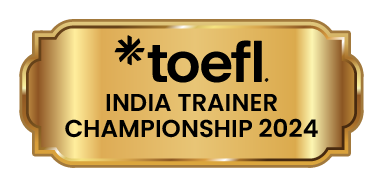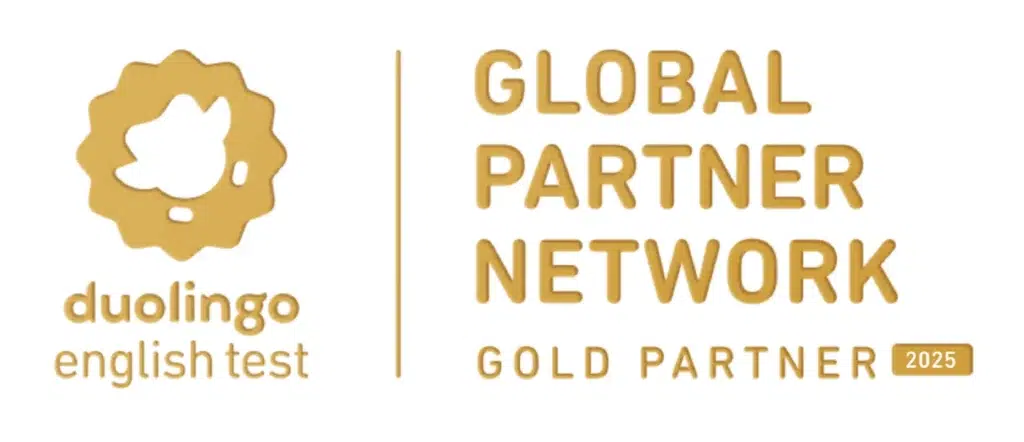Important areas like taxation, interest rates, wealth, and inflation are all impacted by economics and have an impact on our daily lives. Analysts can examine the advantages, disadvantages, and impacts of governmental policies in a variety of societally relevant domains with the aid of economists.
Thus, if you’re planning to apply for a Master’s program in Economics, you’re about to delve into a field that profoundly influences policy-making, business strategies, and global markets. Economics is a discipline that combines theoretical analysis with practical applications, aiming to understand and solve complex issues related to resources, wealth, and human behavior.
Before we begin talking about how to write an SOP for Economics, you may want to know on a general level, the key components to include and the common mistakes to avoid while drafting a Statement of Purpose, which is something you can find in The Ultimate Guide to Drafting a Stellar Statement of Purpose. And now, we can finally look at how to draft a compelling SOP for Economics through a sample SOP.
How to write a stellar Economics SOP?
When crafting an SOP for Economics programs, it’s crucial to highlight key competencies and experiences. Here’s a structured approach:
- Analytical Skills: Showcase your ability to analyze economic data and trends, apply economic theories, and formulate insightful conclusions.
- Quantitative Proficiency: Demonstrate proficiency in statistical analysis, econometrics, and other quantitative methods essential for economic research and analysis.
- Academic Excellence: Highlight your strong academic background in economics or related fields, including relevant coursework, research projects, and academic achievements.
- Research Experience: Discuss any research projects, papers, or thesis work you’ve undertaken, emphasizing your research methodology, findings, and their significance.
- Professional Experience: If applicable, detail any relevant work experience in economics, finance, or related fields, highlighting your contributions and accomplishments.
- Policy Understanding: Show your understanding of economic policies, their implications, and your ability to analyze their impact on various sectors.
- Global Perspective: Showcase your understanding of global economic issues and their interconnectedness, demonstrating a broad perspective.
The following examples will tell you how such aspects can be presented in the SOP.
Sample 1
This is a student who secured an admit to the Master of Quantitative Economics (MQE) program at Northeastern University, Boston (NEU).
I vividly recall the early mornings when my mother would embark on her workday journey at 4 am. Throughout the day, I eagerly awaited our evening rendezvous. As the sun dipped below the horizon, we would gather on our balcony, each with our preferred beverage – a milkshake for me and a comforting cup of tea for her. These moments became our cherished ritual, providing the perfect setting for our discussions about our respective days.
During these heartfelt conversations, my mother would regale me with tales of her bustling day at Emirates Bank. She would recount her interactions with customers and clients hailing from diverse corners of the globe, detailing the intricacies of their credit needs, the art of structuring payment plans, and the meticulous scrutiny of financial documents to ascertain their creditworthiness. Through these exchanges, I gradually familiarized myself with concepts such as loan syndication, collateral valuation, and the nuances of various interest rates. These simple yet profound memories instilled in me a deep fascination for the inner workings of the banking industry.
These memories set the stage for a significant chapter in my professional journey during my internship at Ready Wealth, a distinguished wealth management firm. In their dynamic market research department, I delved into comprehensive secondary research for multinational corporations operating in India, offering invaluable financial insights crucial for investment strategies. My tasks involved meticulous data extraction from financial statements and the computation of various key metrics including ROCE, ROI, profitability ratios, and liquidity ratios. This data was seamlessly integrated into the company’s data dashboard, enriching it with nuanced insights into company performance.
Furthermore, I authored a detailed report focusing on Hindustan Unilever, meticulously analyzing a pandemic-induced revenue decline attributed to low inventory turnover. Additionally, I took the initiative to develop a dummy portfolio tailored to match client risk preferences. This hands-on experience provided me with profound insights into investment decision-making processes and underscored the paramount importance of accurate financial data in driving informed decisions.
During my final year, I participated in a virtual training program conducted by CitiBank in their Investment Banking division. Throughout this program, I developed a comprehensive presentation focusing on a prominent IP-based gaming company. This presentation encompassed detailed information about the company’s background, an extensive industry analysis, and a thorough examination of its business model.
Moreover, I undertook the analysis of a substantial dataset comprising 1700 data points, employing VLOOKUP and Macros functions to extract insights. This analysis enabled me to identify companies with similar business models and compute crucial financial metrics such as market capitalization, Return on Capital Employed (ROCE), and liquidity ratios. Despite encountering challenges while managing this extensive dataset, I adeptly overcame them by leveraging the skills acquired from an advanced Excel course.
This experience not only deepened my comprehension of fundamental finance principles but also provided invaluable insights into the workings of investment banking.
Additionally, I completed another virtual program with Chartered Accountants ANZ. Throughout this program, I constructed a revenue forecasting model for an upcoming music album. Leveraging historical performance data from a prior album by the same artist, I computed the year-on-year growth rate. I culminated this project by presenting a detailed report encapsulating my analytical discoveries. These experiences provided me with invaluable exposure to the finance domain, emphasizing the significance of synthesizing insights, mastering financial modeling, and employing valuation techniques.
Following graduation, I commenced a tenure at Sustainalytics, Morningstar, as a Research Associate for 13 months, where I gleaned valuable insights into the sustainable finance sector. Within the activity-based research (ABR) team, my focus centered on the EU Taxonomy and Sustainable Activities Involvement (SAI). My responsibilities encompassed researching and gathering qualitative and quantitative data for companies across various sectors, adhering to Taxonomy guidelines, thereby enhancing my meticulous attention to detail. Additionally, I conducted financial analyses for companies engaged in pertinent ESG activities, estimating their revenue, capital expenditures, and operating expenses. I also contributed to a high-priority data reporting project, analyzing over 30 companies within a span of two weeks with a commendable 92% quality rate. My immersion in examining annual and sustainability reports deepened my comprehension of ESG reporting standards. Furthermore, participation in sustainable finance conferences at Sustainalytics provided invaluable insights into investor preferences for sustainable enterprises and the pivotal role of green funds.
In the foreseeable future, I see myself pursuing career opportunities as a Senior Associate with esteemed institutions in the investment banking sector, including JP Morgan, Citi bank, BNP Paribas, and Goldman Sachs, upon completing my MS program. I am particularly drawn to joining the sustainable and transition finance teams within the corporate banking sector. My objective is to champion responsible investing by crafting climate-aware portfolio models across various asset classes. Moreover, I aim to provide ESG-focused advisory solutions for mergers and acquisitions and capital raising endeavors. Additionally, I aspire to play a pivotal role in addressing transition risks, with a primary focus on collaborating with green funds. In the long run, I envision myself as a prominent figure in the realm of sustainable finance, potentially holding an Executive Director position in ESG with a leading bank.
My Bachelor’s degree in Commerce laid a strong groundwork in fundamental subjects like Accounting, Finance, and Economics. To deepen my expertise in these domains, I pursued the Association of Chartered Certified Accountant (ACCA) qualification and attained the RQF Level 4 ACCA Diploma in Accounting and Business Certification on my initial attempt, completing the Knowledge Level. Notably, I cleared exams encompassing Business Technology, Financial Accounting, Management Accounting, Performance Management, Auditing, and Corporate and Business Law.
Presently, I am advancing as a Skills Level candidate within the ACCA program and preparing for the CFA ESG exam. Additionally, my proficiency in economics is evidenced by consistent O grades across Semesters IV, V, and VI, with a final semester ranking consistently within the top 10% of my class. To broaden my skill set in specialized areas such as Advanced Excel and SQL, I undertook relevant courses like “Programming for Everybody (Introduction to Python)” on Coursera, “Power BI Essential Training” on Linkedin Learning, and “Advanced Excel” on Udemy. I am currently wrapping up “SQL Essential Training” on Linkedin Learning to further hone my technical abilities.
Throughout my undergraduate journey, I actively participated in various volunteer initiatives. Notably, I contributed to the Pinkathon marathon, where I raised awareness about breast cancer, encouraged participation, and ensured the event’s smooth execution. Additionally, I represented the Netherlands in the World Health Assembly at the Somaiya Vidyavihar University Model United Nations (SVUMUN), later documenting my insights in the MUN Newsletter.
Further, I embarked on four challenging Himalayan treks and conducted educational sessions on menstrual health for students in a village near Palghar. Additionally, I orchestrated activities during Global Volunteering Days at Morningstar, refining my skills in empathy, management, and planning. In the ‘Close the Deal’ M&A competition, my team presented a merger deal involving a small company manufacturing lithium-ion batteries and a medium-sized firm specializing in selling batteries for electric vehicles. This experience provided practical insights into M&A concepts, encompassing various merger types, synergy effects, and valuation methods like DCF (Discounted Cash Flow).
With a sincere dedication to enhancing my skills in the field, pursuing a Master’s in Quantitative Economics from ___________ perfectly aligns with my career objectives. My aim is to gain proficiency in ___________, __________, and ___________, enabling me to adeptly manage extensive unstructured datasets for climate-focused portfolios and develop climate VaR models. I am particularly interested in subjects such as ___________, ____________, ___________, and __________.
The prospect of learning from Prof. ___________ is particularly exciting to me, given his research focus on ____________, including his doctoral thesis on ___________. To actively contribute to the sustainability community, I intend to participate in __________, drawing on the skills I acquired during my tenure with India Hikes. Overall, this program promises not only exceptional learning opportunities and stimulating student interactions but also serves as a platform for my personal, professional, and social development.
In summary, I am wholeheartedly dedicated to contributing value to the program through my diligent approach and expertise. I eagerly anticipate a positive response to my application.
Sample 2
This is an example of a student who got into the MA Economics program at Carleton University.
Ever since I witnessed the far-reaching consequences of the 2008 global financial crisis, my interest in economics and finance has been steadily growing. The intricate factors that contributed to the crisis fascinated me, sparking a deep curiosity about how economies function and how decisions made by individuals and institutions impact the entire economic system. I was also intrigued by the role of government actions in either alleviating or exacerbating crises. As I delved deeper into economic principles and followed developments in various industries, I became aware of how economic forces shape and drive transformative changes, including disruptive technologies and shifts in consumer behavior. The complex connections between supply and demand, market dynamics, and the interdependencies within global supply chains across different economic sectors captured my attention. Furthermore, I recognized the crucial role of economics in addressing societal problems such as income inequality, environmental sustainability, and international trade.
My quest to explore the practical implications of economics led me to engage in a ground-breaking research paper on the “Economics of Climate Change.” Collaborating with students from diverse disciplines, including Environmental Engineering and Psychology, we presented our joint research at the esteemed 8th Asia Pacific International Conference. This experience not only deepened my understanding of the circular economy but also shed light on its crucial role in achieving sustainable climate action. By examining investment analysis within a low-carbon economy framework, our study, titled “A Study of N-Connect for Sustainable Climate Action – an inclusive perspective,” underscored the interconnectedness between economic practices and environmental preservation, bolstering my commitment to address pressing global challenges through economic principles.
Enthused about the opportunity to apply my economic knowledge in practical settings, I embarked on a series of enriching internships, beginning with my tenure at Construe Market Research Pvt Ltd. Here, I immersed myself in data analysis, specifically focusing on the real estate business group. Working on an analytical project, I meticulously gathered primary data from a sample consumer segment, employing model-based evaluation approaches to categorize buyer response patterns. This experience gave me valuable insights into the statistical analysis of market trends and consumer behavior. I honed my skills in MS Excel, utilizing various statistical formulas to extract meaningful conclusions. By effectively managing data and identifying key trends, I witnessed first-hand the power of data-driven decision-making in the dynamic world of real estate. Continuing my pursuit of understanding market dynamics, I interned with Hindustan Times, a prominent media group. This opportunity allowed me to monitor readership patterns, engage in surveys, and connect with current and potential customers. Through interactions with readers, I delved into consumer preferences’ intricacies and behavioral economics impact. This experience deepened my understanding of how consumer behavior evolves over time and across geographies, providing valuable insights for businesses to tailor their strategies and offerings to meet changing demands.
Eager to explore the intersection of economics and infrastructure development, I interned with the Municipal Corporation of Greater Mumbai (MCGM) and Yoshin Engineering Corporation (South Korea). Working on the Economic Analysis and Sensitivity Analysis of the US$2 billion Mumbai Coastal Road project, I delved into the complexities of cost economics, means of financing, and economic analysis for a mega infrastructure initiative. This experience exposed me to the critical considerations involved in evaluating large-scale projects and their economic viability. Conducting sensitivity analysis allowed me to understand the potential risks and uncertainties that can impact project outcomes, emphasizing the importance of robust economic assessments in shaping sustainable urban development.
While the abovementioned experiences have played a crucial role in enhancing my theoretical understanding and offering a comprehensive outlook on applying economic principles in practical situations, they have instilled in me a strong drive to continue expanding my knowledge in this field. Hence, I want to pursue my Master’s in Economics. Upon graduation, I aspire to work as a Research or Investment Analyst in esteemed organizations such as investment research firms, banks, insurance companies, and financial institutions. I am driven to actively contribute to knowledge-building endeavors by enhancing existing research methodologies and aligning them with the dynamic real-world economic landscape. Looking ahead, my long-term vision spans specializing in the macroeconomic domain, specifically in policy formulation, planning, and management consulting. I aspire to collaborate with globally renowned institutions like the United Nations, the World Bank, and governmental and financial institutions. By leveraging my expertise, I seek to influence economic policies that shape nations and profoundly impact the global economy. My ultimate objective is to actively address critical challenges such as income inequality, environmental sustainability, and economic stability, making a meaningful and enduring impact on societies.
The foundation for pursuing a master’s degree was robustly established during my undergraduate studies. My Bachelor’s in Economics saw me pursuing a comprehensive range of courses in International Economics, Growth and Development, Corporate Finance, Macroeconomics, Statistics, and Econometrics, building a strong foundation in quantitative analysis. Studying Mathematics for Economics gave me a deep understanding of calculus while exploring statistical programming using R enhanced my skills. Furthermore, through online platforms like EdX, I delved into the roles of organizations such as the IMF and the World Bank in addressing global economic challenges and evaluated rating systems employed by countries and markets. Complementing my studies, I gained proficiency in MS Tools, including Advanced Excel with Macros & VBA, Word, and PowerPoint, enabling me to analyze data effectively, track progress, and create informative presentations and analytical dashboards.
Outside academia, I actively participated in diverse extracurricular activities to hone my interpersonal and communication skills. Serving as the columnist and editor of the travel section (Safarnama) in my college’s monthly magazine, I incorporated the unique travel experiences of fellow students to enhance readership. Pursuing my passion for music, I have been learning to play the Tabla, an Indian classical musical instrument, for the past seven years. Achieving the intermediate level and clearing examinations conducted by the All-India Musical University Board have instilled discipline and perseverance in me. Furthermore, I have successfully attained the “DELF – A2” level in French and am pursuing the DELF – B1 level, expanding my linguistic and cross-cultural skills.
In today’s interconnected and globalized world, a solid understanding of economic principles to design policies that promote economic growth, reduce inequality, and address societal problems is much desired. Hence, pursuing a master’s degree in ___________ from ___________ will offer me a unique chance to expand my knowledge and accomplish my career objectives. The _________’s curriculum covers subjects like ____________, ___________, and ___________, which aligns perfectly with my academic interests. I am particularly drawn to the prospect of joining the university’s vibrant student communities, such as the ___________ and ___________. These groups offer exciting opportunities for engagement and interaction. Having the privilege of learning from distinguished professors like Prof. __________, whose expertise lies in ___________, would be a great honor. I find his knowledge in these areas truly fascinating. Additionally, Prof. ___________’s specialization in ___________ and ____________ has made a strong impression on me. Learning from these esteemed professors would undoubtedly enrich my understanding of the subject. Furthermore, enrolling in the Co-Op program and gaining relevant work experience would be highly valuable and provide a strong foundation for my future career.
I firmly believe that given my concern to address societal challenges, and the commitment to making a meaningful impact, makes me an ideal candidate to join the worthy cohort. I am excited to embark on this academic journey and contribute to the university’s mission of excellence and innovation in economics and hope the Admissions Committee views my application favorably.
Pay particular attention to how the student has portrayed her background, experiences relevant to the program, and how she has demonstrated how her future interests align with pursuing the program. Crafting a compelling narrative for the admissions committee involves showcasing this alignment between their past experiences and future aspirations within the program.
When it comes to Economics, along with having a well-drafted SOP, it is also important to choose the right programs to apply to, as different programs are structured to suit different categories of students. If you wish to have our expert guidance regarding such aspects that are crucial for your career, you can book an appointment with us by leaving your contact details below.

